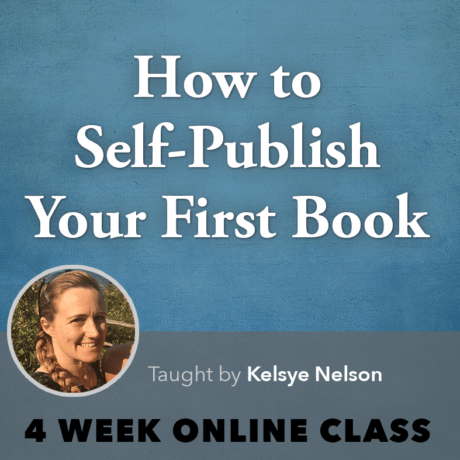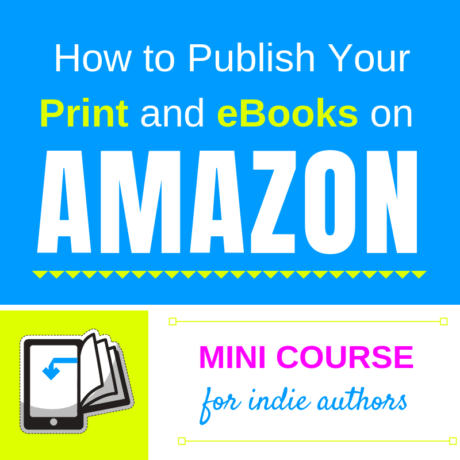

Whenever we visit a website, unbeknownst to ourselves, we make minute judgments – if the website doesn’t have a smooth interface and cannot be navigated easily, we automatically begin to form uncertainties about the reason we’re browsing it in the first place. In fact, according to a study conducted by Stanford University, 75% of online users judge the credibility of a product or organization based on the appearance of their website. Therefore, decluttering your author website and including credible content improves its authenticity and increases reader engagement.
“We find that people quickly evaluate a site by visual design alone. When designing your site, pay attention to layout, typography, images, consistency issues, and more. Of course, not all sites gain credibility by looking like IBM.com. The visual design should match the site’s purpose.”
Stanford Guidelines for Web Credibility
Here are five common, avoidable mistakes found in author websites that drive readers away.
1. Lack of Contact Information
Back in the 20th century and before, contacting your favorite author was a rare occurrence, and one to boast about if it ever happens (it still is, though, to a certain extent). But, with the advent of the internet, email, and social media, being able to contact famous people has become very easy. Under such circumstances, readers also expect to find a way to follow your progress as a writer and receive regular updates. Giving them no means to do so is a big red flag.
Having an author website without updated contact information will drive away interested visitors who could later turn into hardcore fans of your work. You don’t have to give away personal information like your home address or phone number – your email address and/or your social media handles with working links are quite sufficient. Also, remember to update your bio, profile picture and any information about upcoming books.
2. Typos, Dead/Broken Links
Have you read an interesting piece of information on a website and eagerly clicked on the accompanying link to the source, only to find out that it leads to nowhere? We’ve all been there so often that we know the feeling of disappointment that comes with it. Worse – when you read the author bio or a blog post and immediately notice all the embarrassing typos and grammatical errors. This obviously reflects negatively upon your image as a writer.
If you can’t find an editor to go through your blog posts or website content before you make them available for the public, at least make sure to go through them several times yourself, or get a trusted friend to do it for you.
3. Not Mobile-Optimized
We often access websites via our mobile phones, since we have our phones in our possessions nearly all the time. And as such, we all know the struggle of navigating a website that is not optimized for the mobile screen – websites with infinitesimally small letters that need to be zoomed in at least 5x, and images that take years to load.
It doesn’t matter if your author website looks perfect on the computer screen. If it isn’t optimized for mobile users as well, you’re going to lose a lot of potential customers. Testing is absolutely essential: test the website on as many devices as possible to gauge how it would look once it’s finished.
4. Too Many Ads
The ideal situation is to have no ads at all in your author website but, if it is absolutely necessary to include ads, make sure your website isn’t cluttered with them. The ads must be in such a way that the website visitor knows clearly that he is viewing an advertisement and clicks on it knowing that it is one, without false expectations. The ads should act as a bonus, not as distractions that drive away your website visitors.
5. No Option for Subscriptions
While having a newsletter may not seem like an essential aspect of your website, if you visit the website of any famous author, you will see an option to subscribe to their newsletter at the bottom of every page – or sometimes in popups. Without having to visit your website regularly, a newsletter gives interested visitors to keep track of your journey as a writer and of the books you publish, and events they can attend to meet you.
Most importantly, remember to be checking and updating your website regularly. We suggest including this task as apart a part of your social media updating routine.

Sharika Hafeez
Sharika Hafeez is a nerd, and she’s proud of it. Growing up, she fell in love with books and writing, and is currently following her undergraduate degree (for some mysterious reasons) in Physics. She likes procrastinating by watching the stars with a steaming cup of tea, composing poetry in her head.







0 responses on "Avoid These 5 Mistakes in Your Author Website"